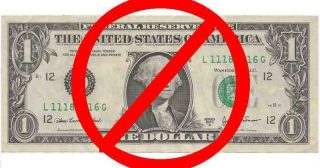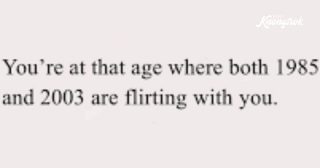Republican President Isolated as U.S. Foreign Policy Falters in Eastern European Conflict
Meta Description:
The Republican president is rapidly losing influence amid the Eastern European conflict, facing criticism from Ukraine, Russia, NATO allies, and U.S. lawmakers over an unclear foreign policy.
Article:
Washington, D.C. — As the Eastern European conflict escalates and global tensions rise, the Republican president of the United States finds himself increasingly isolated. Once viewed as a potential stabilizing force, his foreign policy approach is now drawing scrutiny from both Ukraine and Russia, while sowing division within NATO and sparking bipartisan concern at home.
Waning Support from Ukraine
In the ongoing Ukraine war, U.S. military and financial aid has been a lifeline. Yet under the current Republican administration, support has grown inconsistent. Recent delays in weapons shipments and ambiguous public statements have left Ukrainian officials uncertain of America’s commitment.
“We are grateful to the American people, but we are confused by this administration’s hesitancy,” said Oleksiy Reznikov, former Ukrainian Defense Minister. The inconsistency threatens Ukraine’s morale and could alter the balance in Eastern Europe.
No Gains with Russia
The administration’s reluctance to draw firm lines has done little to sway Russian leaders. Despite claims that a less aggressive American stance might lead to renewed diplomacy, the Kremlin remains dismissive.
Kremlin spokesperson Dmitry Peskov recently stated, “The United States cannot pretend to be neutral while arming our enemies,” pointing to contradictions in the U.S. president’s Eastern Europe policy.
Bipartisan Criticism in Washington
At home, the president’s foreign policy in Eastern Europe is under fire from both sides of the aisle. Republican defense hawks worry about America’s diminishing influence in Europe, while Democrats criticize what they see as erratic decision-making.
Senator Mitch McConnell warned, “Backing away from Ukraine will damage U.S. global leadership for years to come.” Simultaneously, progressives like Senator Chris Murphy demand transparency and a defined strategy.
This divide is deepening rifts in the Republican Party itself, with some members leaning toward isolationism while others push for stronger alliances and continued support for NATO.
U.S. Foreign Policy and NATO Relations at Risk
Historically, the U.S. has played a pivotal role in NATO operations and peacekeeping efforts. Under the current Republican leadership, however, key European allies have expressed doubts about Washington’s reliability.
A recent Pew Research Center poll showed a 14% decline in trust in U.S. foreign policy among European nations. “America’s unpredictability under this president is causing allies to look elsewhere for stability,” said Dr. Fiona McAlister of the Atlantic Council.
With NATO relations strained, some analysts worry that adversaries like China and Iran may exploit the gap left by America’s waning presence.
What’s Next for the Republican President?
With the Eastern European war showing no signs of resolution, the Republican president must decide whether to recommit to traditional U.S. alliances or continue a course that is isolating America on the world stage.
Former NATO Ambassador Nicholas Burns warns, “If the U.S. steps back, authoritarian regimes will fill the void. That’s not just bad for Eastern Europe—it’s bad for global democracy.”










